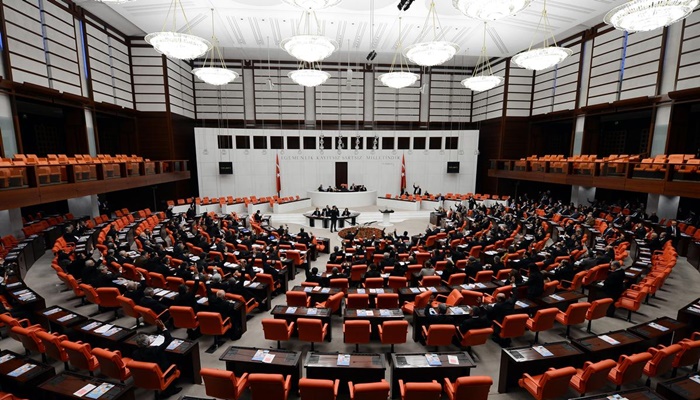The Turkish Parliament reconvened on Saturday after a three-month recess and has on the agenda a bill that stipulates a prison sentence of up to three years for social media posts determined to have been made for the purpose of spreading fake news or disinformation, Deutsche Welle’s Turkish service (DW Türkçe) reported.
The bill, presented to parliament by the ruling Justice and Development Party (AKP), aims to add the offense, titled “Publicly Disseminating Misleading Information,” to Turkish Criminal Law No. 5237 as clause A of Article 217, which says, “Anyone who publicly disseminates false information regarding the internal and external security, public order and general health of the country, with the sole motive of creating anxiety, fear or panic among the public, in a way that is suitable for disturbing the public peace, is sentenced to imprisonment from one year to three years.”
The AKP government has been relentless in its crackdown on critical media outlets, particularly after a coup attempt on July 15, 2016.
As an overwhelming majority of the country’s mainstream media has come under government control over the last decade, Turks have taken to social media and smaller online news outlets for critical voices and independent news.
Turks are already heavily policed on social media, and many have been charged with insulting Turkish President Recep Tayyip Erdoğan or his ministers, or criticism related to foreign military incursions and the handling of the coronavirus pandemic.
Turkey was classified as “not free” by Freedom House in its “Freedom in the World 2022” index.
More than 90 percent of Turkey’s media networks “depend on public tenders and are owned by large businesses with close personal ties to President Erdoğan,” according to a Freedom House report released in February.



